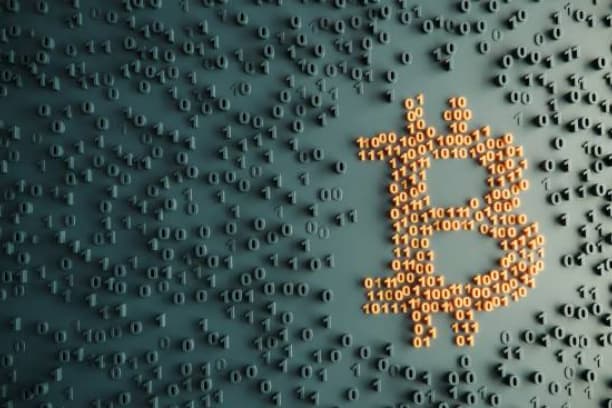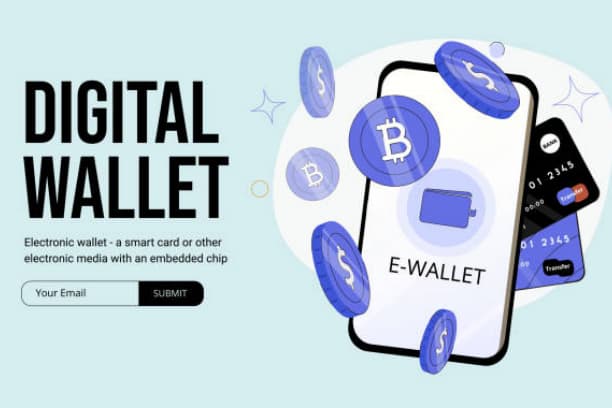What is the BSC? How is it related to BNB?
When we talk about the cryptocurrency space, Binance Smart Chain (BSC) and BNB Coin are familiar terms to many. As one of the largest cryptocurrency trading platforms in the world, Binance not only owns the BSC blockchain, but also launched the BNB coin, and there is a close relationship between the two. In this article, I'm going to dive deeper into how the Binance Smart Chain (BSC) works and the role that BNB Coin plays in it, to help you better understand how these technologies and assets are impacting the cryptocurrency market.

What is the Coin Security Smart Chain (BSC)?
Binance Smart Chain (BSC) is a highly efficient and low-cost blockchain launched by Binance, which is designed to solve some of the pain points of Ether (Ethereum) processing speed and transaction fees, and provide a more efficient smart contract platform for developers. BSC is a blockchain designed to address some of Ethereum's pain points in terms of processing speed and transaction fees, and to provide developers with a more efficient platform for smart contracts. "BSC is a blockchain with DPoS and PoS as consensus mechanisms, which can process transactions quickly while maintaining decentralized characteristics. This makes BSC the platform of choice for many decentralized applications (DApps) and DeFi projects.
One of BSC's core strengths is its extremely low transaction fees, which significantly reduce user costs compared to Ether. This is undoubtedly a major attraction for users who transact frequently, and BSC's compatibility with Ether allows developers to easily deploy Ether-native applications and smart contracts on BSC, expanding the BSC ecosystem.
What is the BNB coin?
BNB (Binance Coin) is a native cryptocurrency introduced on the Binance platform that was initially used to pay for transaction fees, but over time the use of BNB has expanded. Currently, BNB can be used not only to pay for transaction fees within the Coin exchange, but also for transaction fees on the BSC blockchain, participation in ICOs, trading on decentralized exchanges (DEX), and many other scenarios.
One of the biggest highlights of BNB is that CoinSafe periodically conducts a "coin burn" program, where it buys back and destroys a certain amount of BNB, an operation designed to reduce the total supply of BNB in the market and thereby increase its scarcity and value. This has made BNB one of the favored assets for investors and users and reinforced its central role in the Coin Ecosystem.
Relationship between BSC and BNB Coin
BSC has a very close relationship with BNB, which is the "fuel" in the BSC ecosystem. When users make transactions or use decentralized applications on BSC, most of the transaction fees need to be paid in BNB. This not only boosts the demand for BNB, but also improves the overall operational efficiency of BSC.

In addition to paying transaction fees, BNB coins can be used on the BSC to participate in a variety of Decentralized Finance (DeFi) projects, from Staking to lending, liquidity provisioning, etc. BNB coins can also be used in a variety of DeFi projects. This makes BNB not just a cryptocurrency, but an integral part of the BSC ecosystem. As the popularity of BSCs grows, so does the demand for and use of BNB.
How does the linkage between BSC and BNB enhance the value of the ecosystem?
The linkage between BSC and BNB makes this ecosystem more compact and dynamic. BSC provides a high-speed and low-fee blockchain platform that attracts a large number of decentralized application developers and users, while BNB becomes the payment tool for these applications and transactions, driving the use of and demand for BNBs. The combination of BSC and BNB also provides unique financial incentives for developers and investors on BSC, a two-way support model that helps attract more resources to the ecosystem.
For example, many DeFi projects and decentralized exchanges (DEXs) use BNB as a liquidity token or trading pair, which directly increases the demand for BNB. DApp developers on the BSC can use BNB for smart contract deployments, thereby better integrating into the BSC ecosystem and increasing the exposure and impact of their applications.
How to trade on BSC with BNB coins?
Trading with BNB on BSC is very simple. You need to own some BNB coins, which can be purchased through the CoinSafe exchange. Once purchased, you can transfer the BNB coins to a BSC-enabled wallet, such as MetaMask, and choose to connect to the BSC network.
When you trade on decentralized exchanges such as PancakeSwap on BSC, you will be asked to pay a certain amount of BNB as a transaction fee. These fees are relatively low and can significantly reduce the cost of use compared to other blockchain platforms. In addition to trading, BNB can also be used to participate in DeFi activities such as pledging or liquidity provision on BSCs, which not only generates revenue, but also increases demand and liquidity for BNB.
BNB's Value and Market Outlook
The value of BNB comes not only from its function as an exchange token, but also from the diverse applications of the BSC ecosystem. As the BSC ecosystem continues to expand, so does the demand for BNBs. For example, the Decentralized Finance (DeFi) project on the BSC and the rapidly growing NFT market are areas where BNB is needed to support transactions and operations, further increasing the market value of BNB.
CoinSafe's regular coin-burning program helps to increase the scarcity of BNB, which has a positive effect on the long-term value of BNB. As a result, the market outlook for BNB is very promising, and many analysts believe it will dominate the crypto market in the future.
Frequently Asked Questions Q&A
Q1: How to transfer BNB to BSC network for trading?
You can withdraw BNB from the CoinSafe platform to a BSC-enabled wallet address, and make sure you select the BSC network. wallets such as MetaMask support the BSC chain, and you can just select BSC as the default network when you set it up.
Q2: Is there any risk in trading BNB on BSC?
As with other blockchains, transactions on BSC carry some risk, especially when using decentralized exchanges and the DeFi platform. Users should choose their projects carefully and ensure that their private keys and helpers are secure.
Q3: How can I participate in the DeFi program on BSC?
You can use BNB to participate in activities such as liquidity provisioning, pledging or lending by connecting BSC-enabled wallets (e.g. MetaMask) to decentralized application platforms (e.g. PancakeSwap, ApeSwap, etc.).














